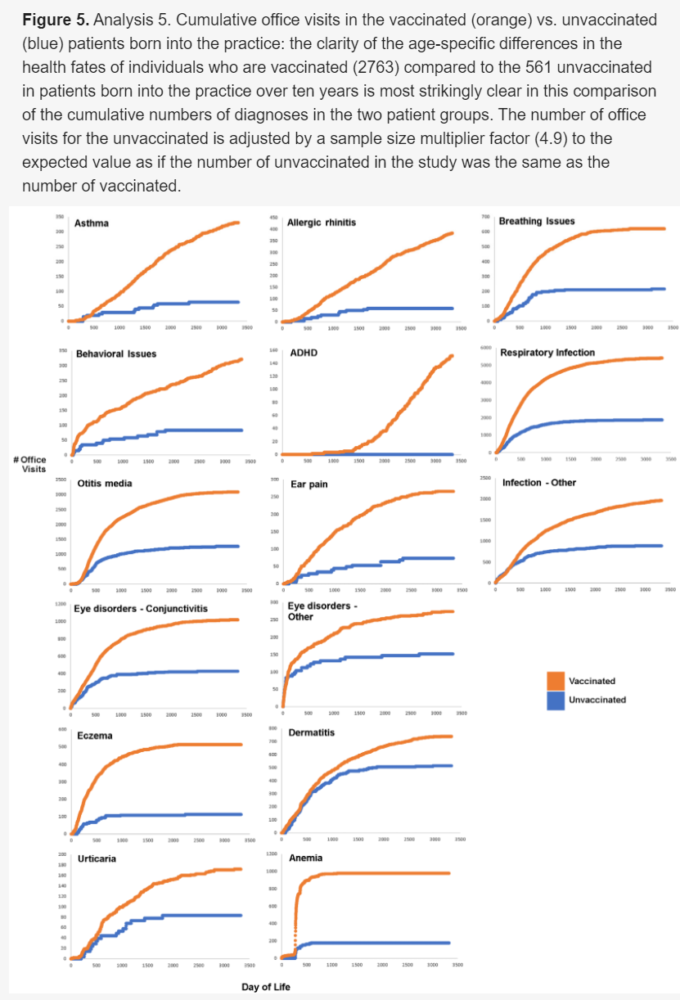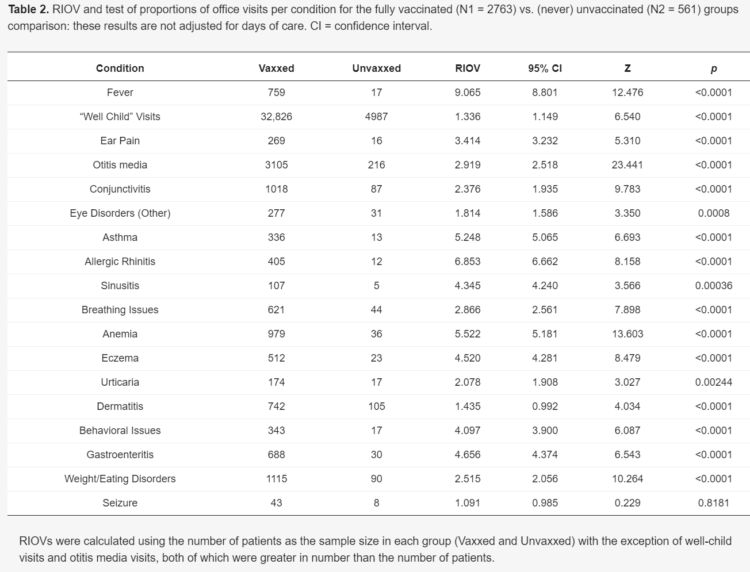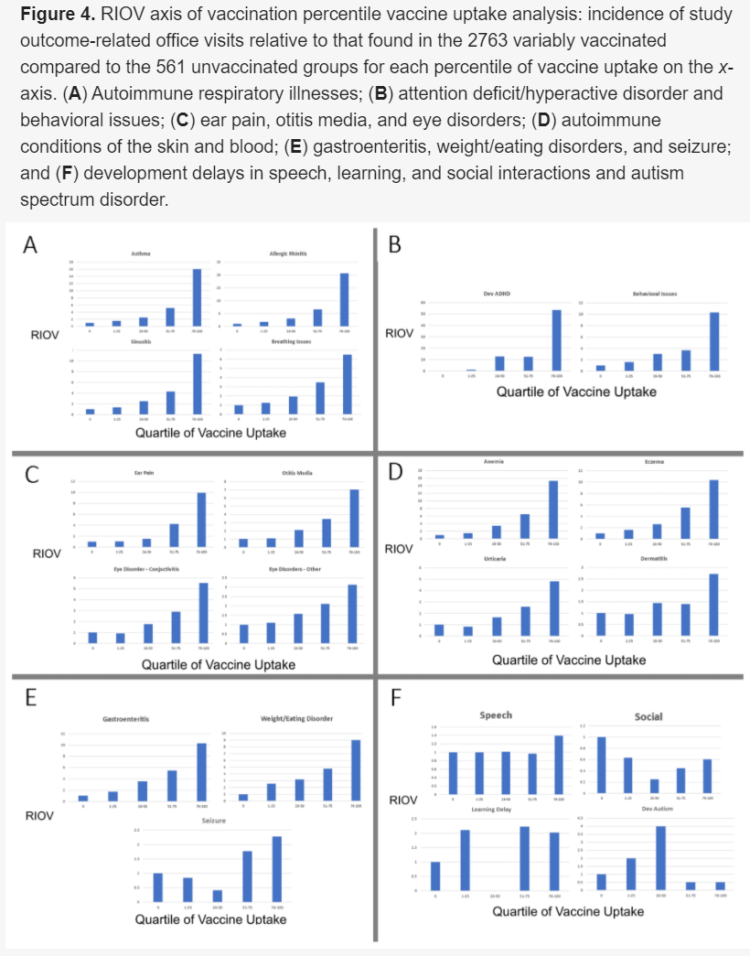
A groundbreaking ten-year study has revealed significant health advantages for unvaccinated children compared to their vaccinated counterparts.
Published in the International Journal of Environmental Research and Public Health, the study highlights huge disparities in chronic illnesses, respiratory infections, autism, ADHD and overall pediatric care needs between the two groups.
Under the 1986 National Childhood Vaccine Injury Act, the CDC and the Department of Health and Human Services (HHS) are legally required to regularly report vaccine safety studies to Congress. However, a 2018 court ruling revealed that no such studies were conducted over a 30-year period.

BYPASS THE CENSORS
Sign up to get unfiltered news delivered straight to your inbox.
Latest Video
The CDC’s dereliction of duty has allowed the lucrative vaccine industry to expand without sufficient oversight, contributing to a dramatic increase in recommended childhood vaccines. Today, the CDC advises more than 70 doses of 16 vaccines before a child turns 18.
Despite these measures, children’s health in the U.S. has not improved over the past three decades. Chronic illnesses now affect 54% of children and young adults, and visits to pediatricians have surged due to recurring health issues like asthma, allergies, and eczema.
The study, conducted at an Oregon pediatric practice led by Dr. Paul Thomas, followed 3,300 children over a decade.

Respiratory infections and autoimmune dysfunction
It found that unvaccinated children required 25 times fewer pediatric visits than fully vaccinated children. Among the vaccinated, chronic conditions such as asthma, sinusitis, and anemia were three to six times more prevalent.
Children vaccinated according to CDC guidelines also faced a 70% higher likelihood of respiratory infections and were more likely to develop conditions linked to autoimmune dysfunction, such as allergies and eczema, particularly if they had a family history of autoimmune diseases.

Behavioral Health and ADHD
Another striking finding was the total absence of attention-deficit/hyperactivity disorder (ADHD) in unvaccinated children. Conversely, ADHD rates increased alongside vaccination uptake, suggesting a potential link between vaccines and neurodevelopmental disorders.
Surprisingly, the study found minimal cases of diseases vaccines aim to prevent. Neither vaccinated nor unvaccinated children experienced measles, mumps, rubella, tetanus, or hepatitis over the 10-year period.

This raises questions about the necessity and safety of current vaccination schedules and underscores the urgent need for comprehensive research into vaccine safety.
The CDC’s refusal to compare vaccinated and unvaccinated children’s health outcomes—despite legal obligations—while profiting from vaccine schedules exposes a glaring conflict of interest and undermines public trust.
Source link

